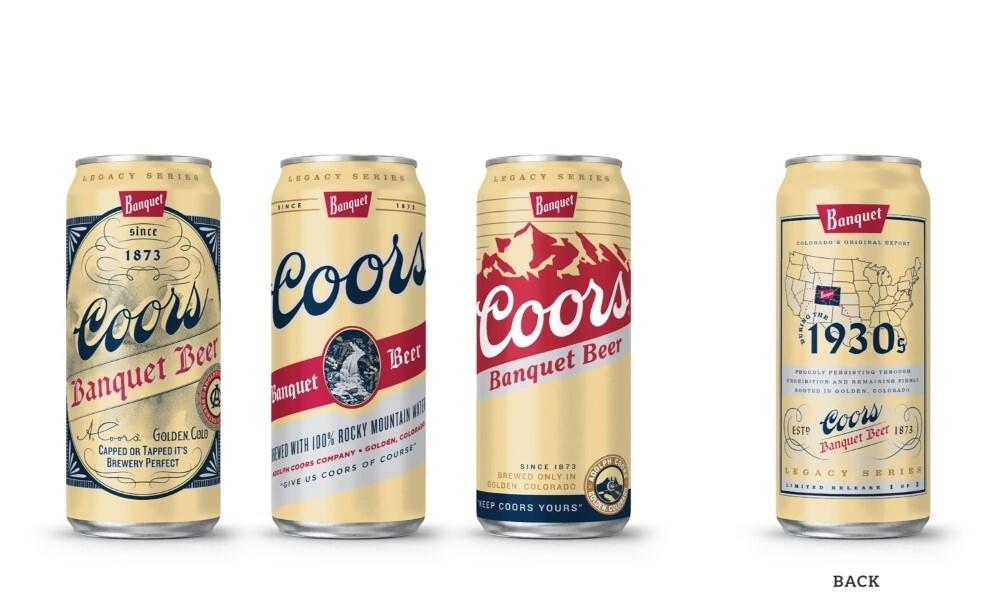您想继续阅读英文文章还
是切换到中文?
是切换到中文?

THINK ALUMINIUM THINK AL CIRCLE

The sharp hike in aluminium tariffs under the Trump administration, from 25 per cent to 50 per cent, has significantly disrupted the aluminium industry and its dependent sectors, directly impacting corporate earnings. The beverage industry, in particular, has felt the strain. Molson Coors, which previously reported an 11.3 per cent decline in net sales for Q1, has now released its Q2 results, indicating plans to revise its financial outlook downward due to continued softness in beer demand and the mounting pressure from aluminium tariffs.

Q2 financial results
Molson Coors in the second quarter reported a 1.6 per cent decline in net sales on a reported basis and a 2.6 per cent decrease in constant currency. The US GAAP income before income taxes fell by 0.9 per cent to USD 554.9 million, while underlying (non-GAAP) income before income taxes declined 0.8 per cent in constant currency to USD 531.5 million. The US GAAP net income attributable to Molson Coors Beverage Company (MCBC) stood at USD 428.7 million, translating to USD 2.13 per diluted share.
Earnings per Share
Underlying diluted Earnings per Share (EPS) rose 6.8 per cent to USD 2.05. The company updated or reaffirmed its 2025 full-year guidance across key financial metrics, now projecting net sales to decline by 3 per cent to 4 per cent in constant currency, compared to the earlier estimate of a low single-digit decline. Underlying income before income taxes is expected to fall by 12 per cent to 15 per cent in constant currency, a revision from the previous low single-digit decline forecast.
Additionally, underlying diluted EPS is now anticipated to decline 7 per cent to 10 per cent, versus the earlier guidance of low single-digit growth. Net interest expense guidance has been adjusted to USD 225 million, plus or minus 5 per cent, up from USD 215 million previously. The company maintained its outlook for underlying free cash flow at USD 1.3 billion, plus or minus 10 per cent.
Gavin Hattersley, the President and Chief Executive Officer, stated, "We continue to view the incremental softness in the industry performance this year as cyclical, and we continue to believe in Coors' ability to achieve its long-term growth objectives. That said, our second quarter financial results were impacted by the macroeconomic environment and its broad effects on the beer industry and consumer, our softer US share performance, as well as the resulting impact of volume deleverage. Additionally, in the quarter, we experienced expected headwinds primarily from the discontinuation of our contract brewing arrangements in the Americas at the end of 2024. This was all partially offset by strong price and mix growth across both business units, favourable timing of the US shipments and lower MG&A largely due to reduced incentive compensation and the timing of marketing "spend."
…and so much more!
SIGN UP / LOGINResponses








